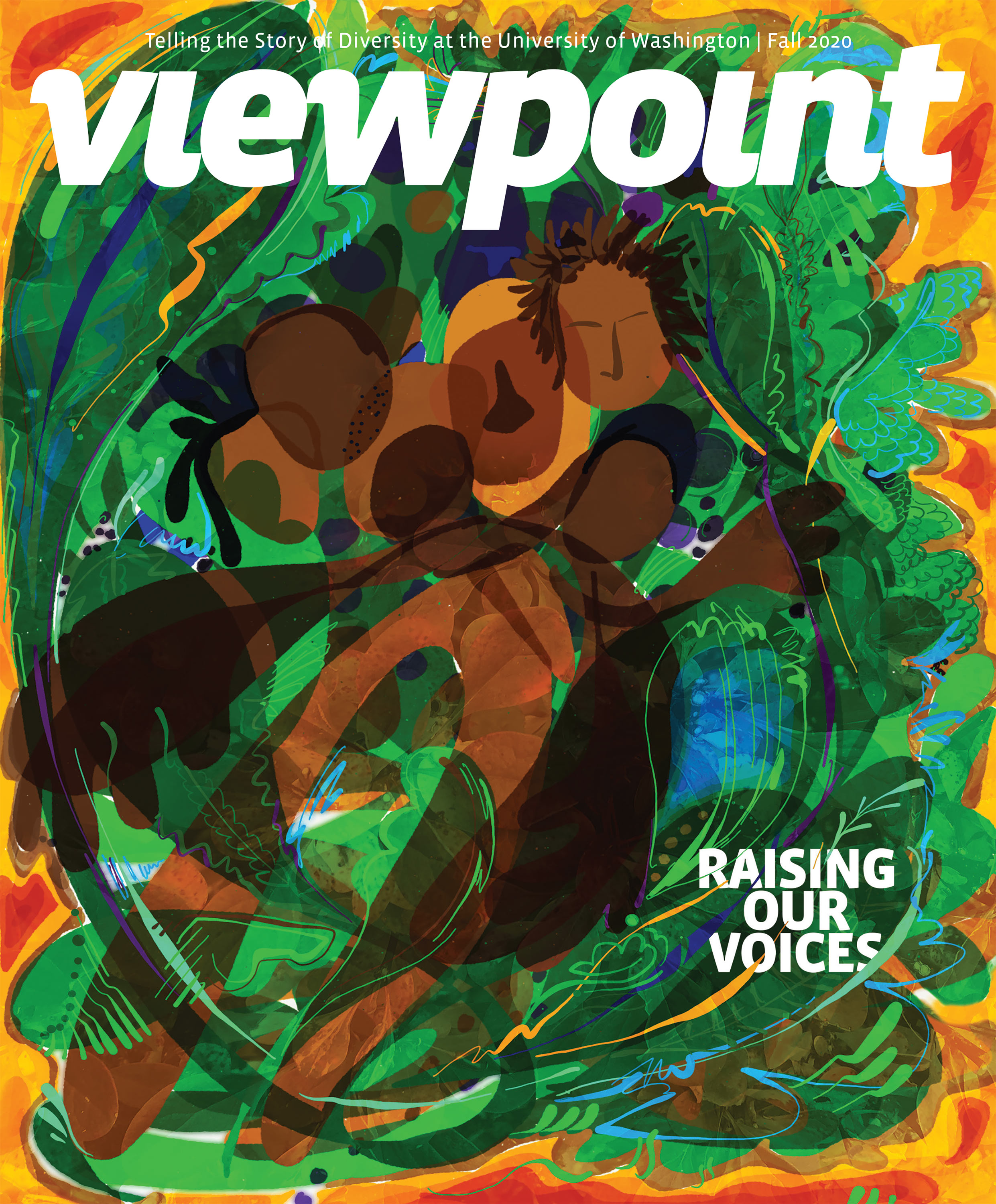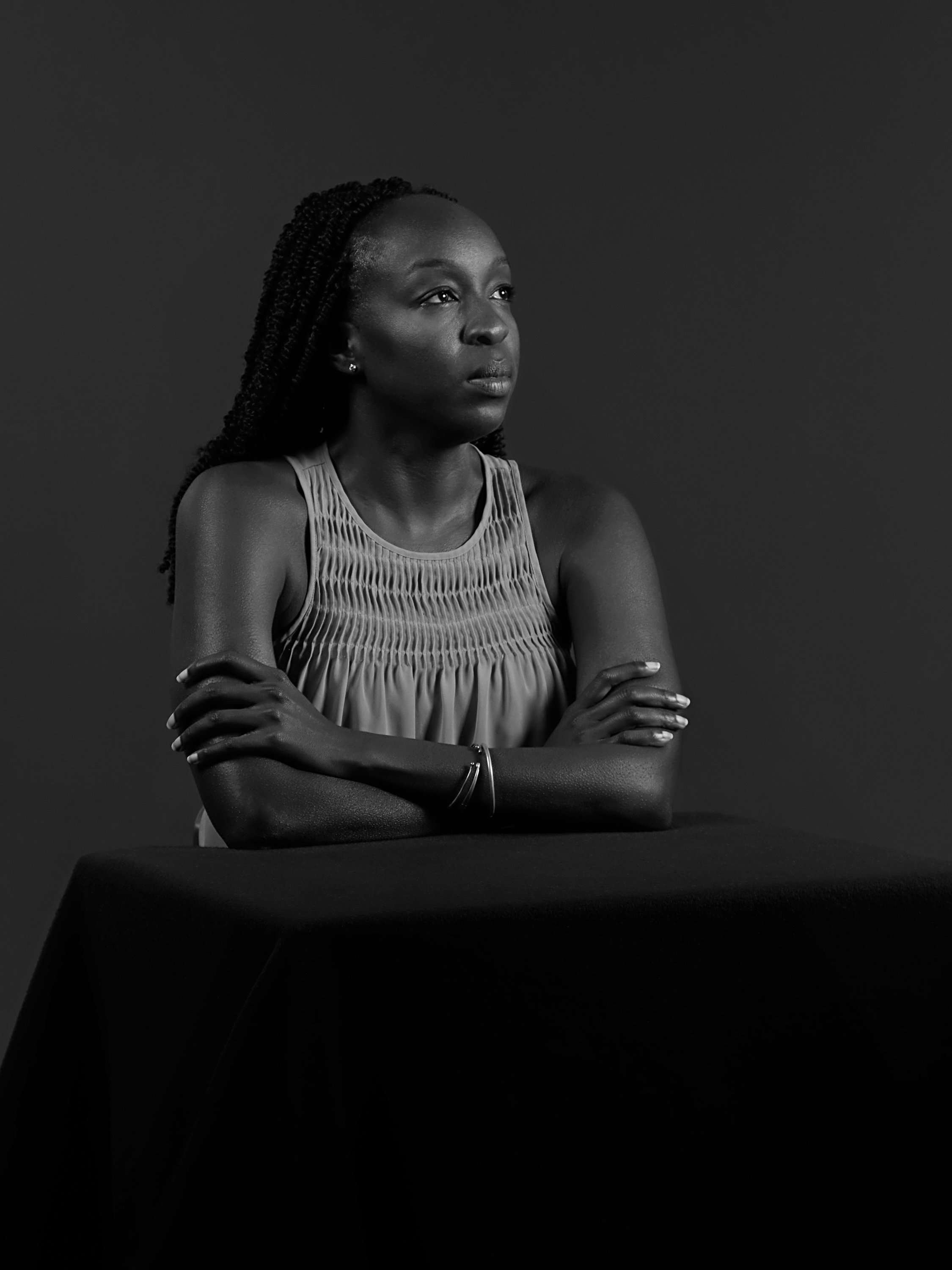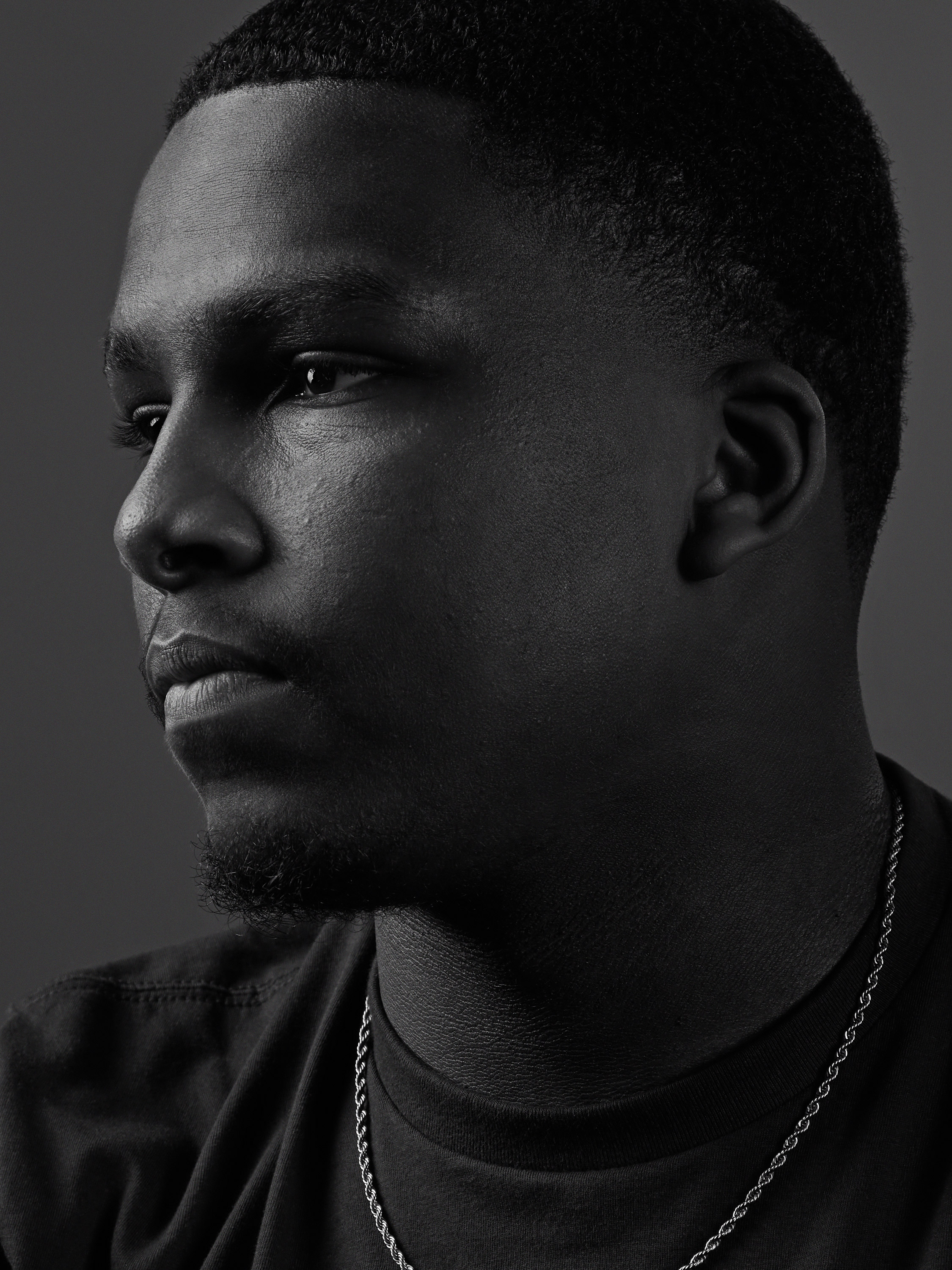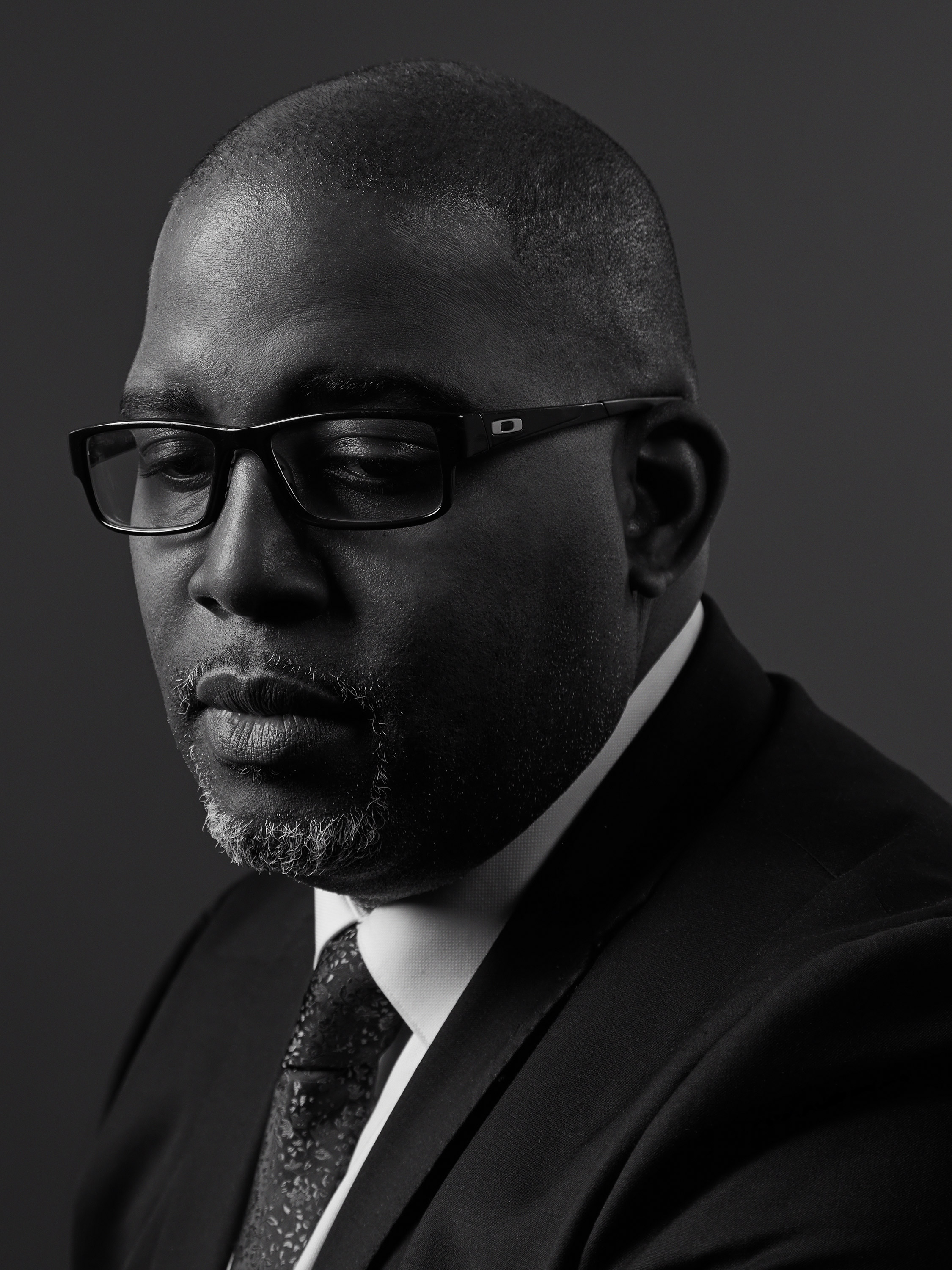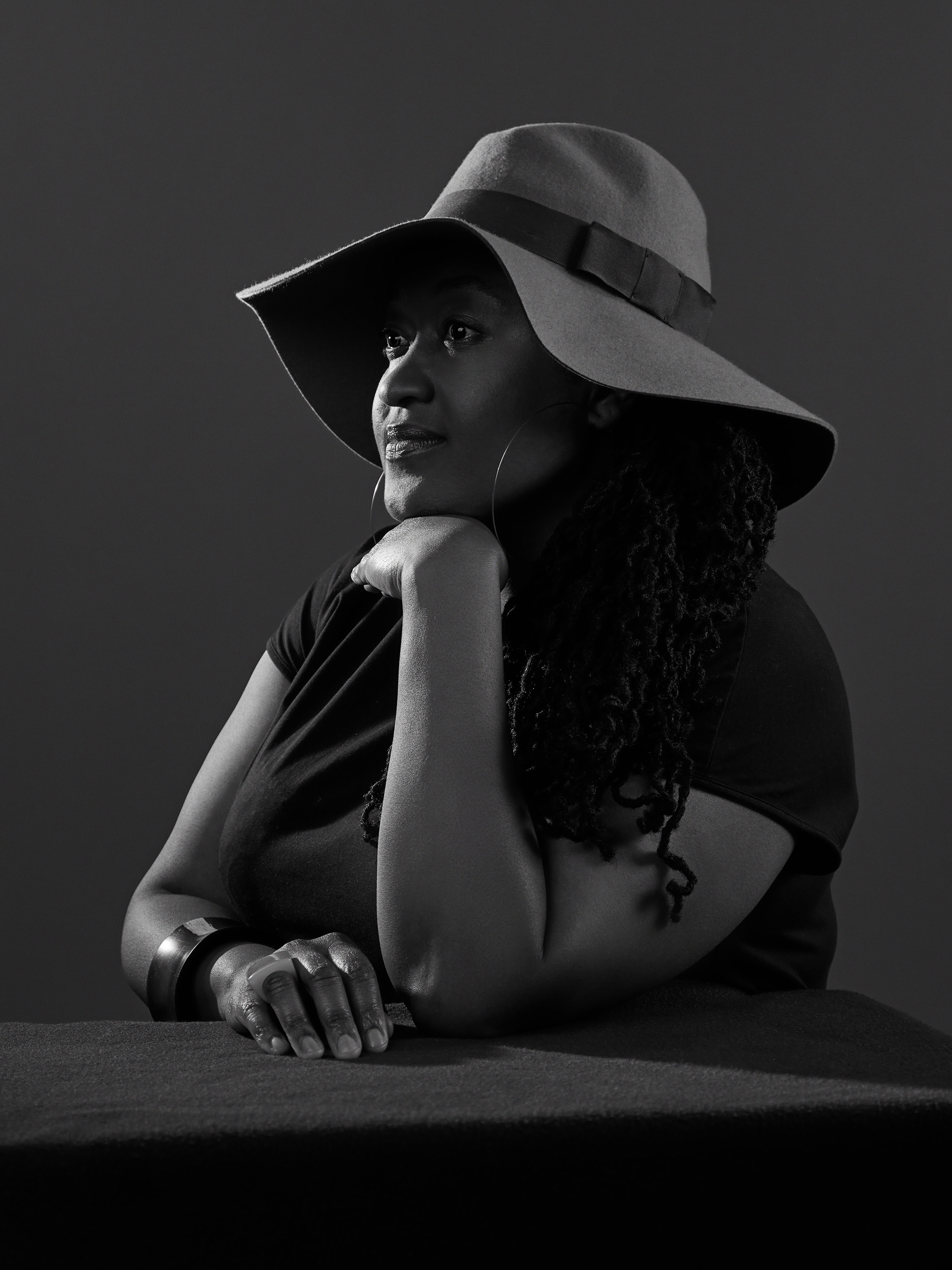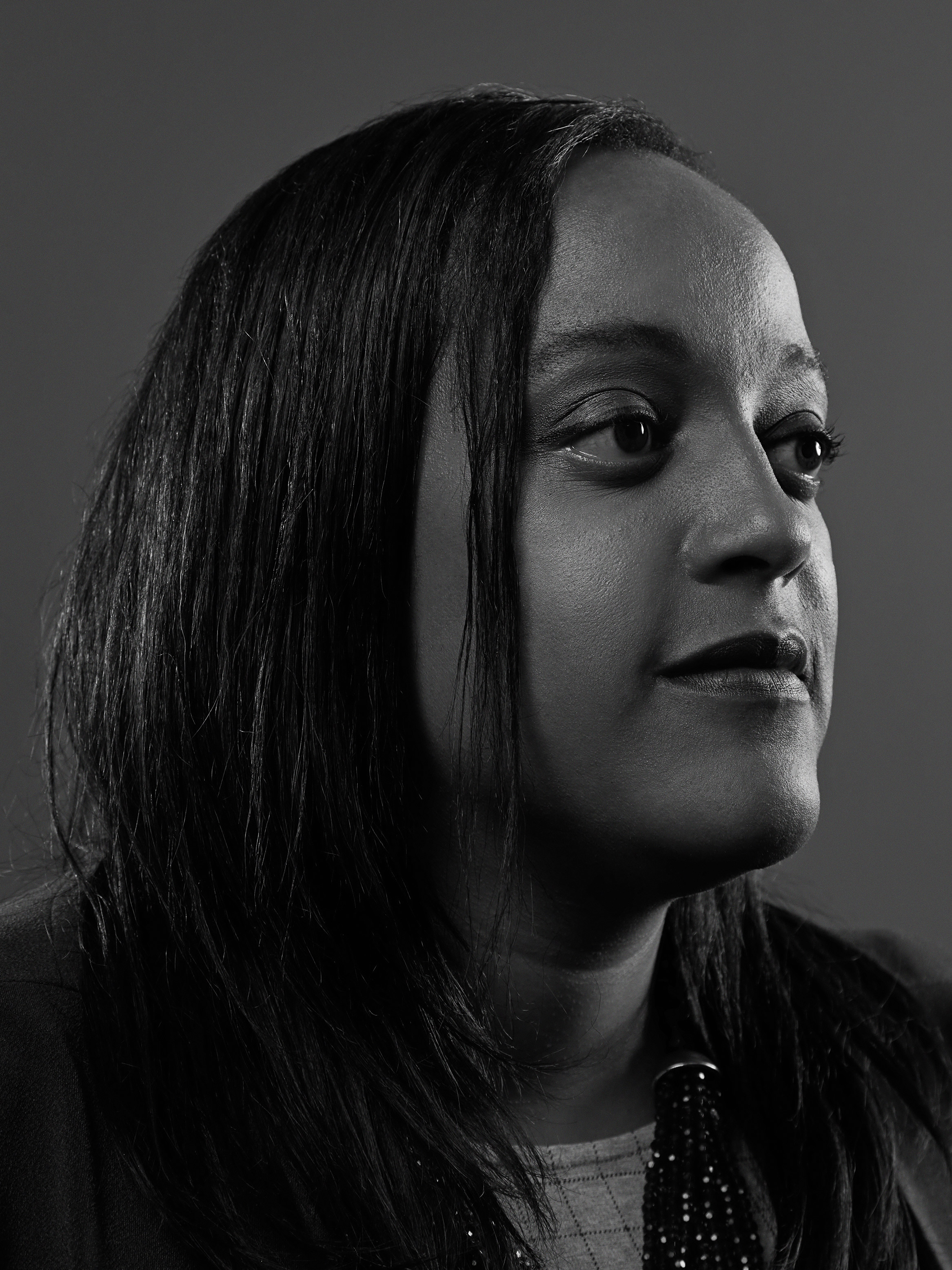Editor’s Letter: I won’t stop lifting up our voices Editor’s Letter: I won’t stop lifting up our voices Editor’s Letter: I won’t stop lifting up our voices
“Institutions move slowly,” writes sociology professor Alexes Harris, guest editor of Viewpoint Magazine. “But we are at a moment for change and we need to apply and support constant pressure and expect certain outcomes.”
By Alexes Harris | Fall 2020 | Viewpoint Magazine
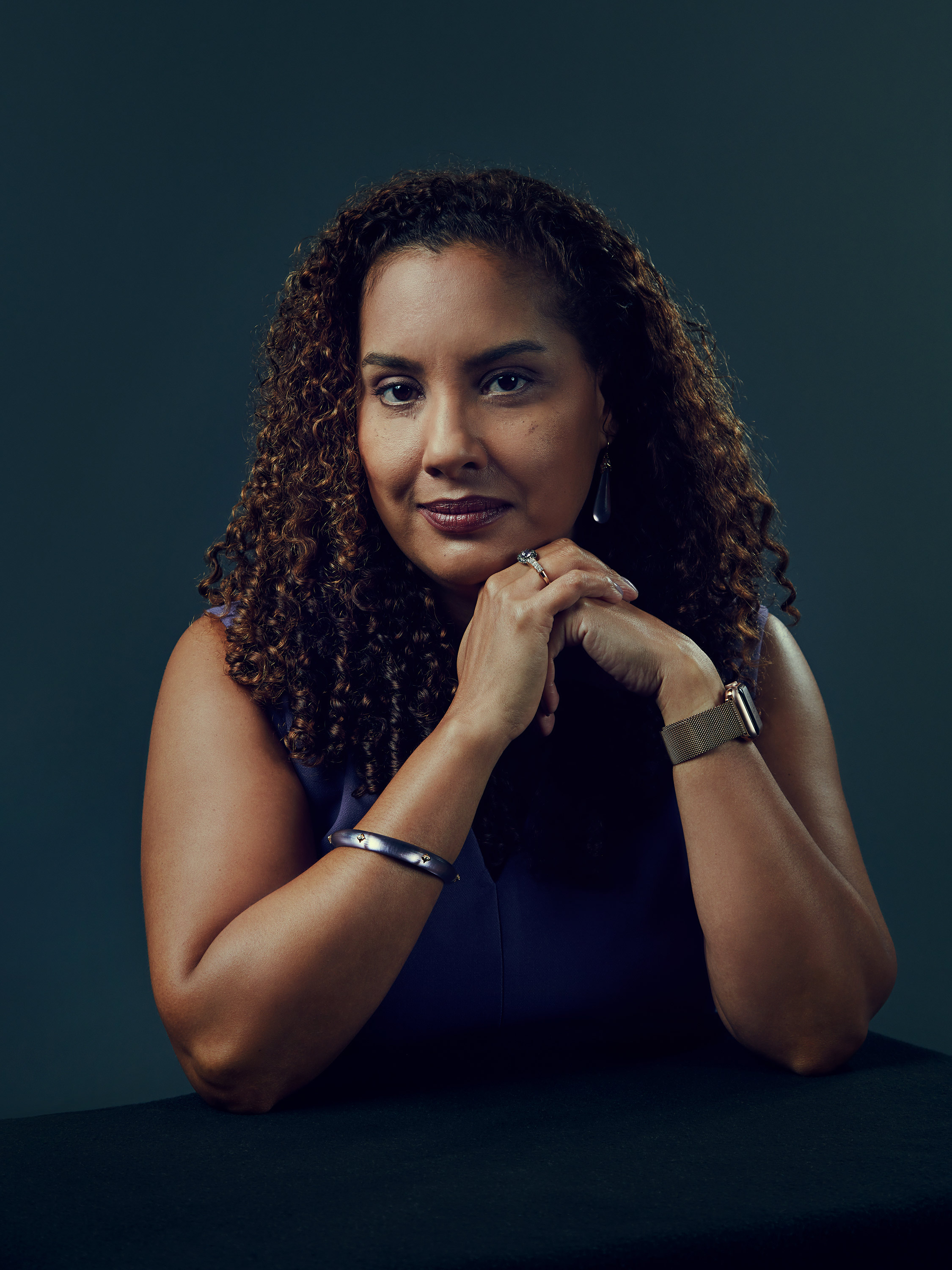
This is part of our “Black Voices” issue of Viewpoint Magazine. Go here to see the full issue.
I am more than honored to serve as the guest editor for this special issue of Viewpoint highlighting voices of Black people from around our University community. I am a hometown girl, born and raised in Seattle, whose life was changed by the University of Washington. I have experienced how it can be a place of opportunity and an agent for equity. However, we need change and it will take all of us—alumni, faculty, staff and students—to help make our campus a more inclusive and just community.
Growing up in Madrona and attending school in the Central District, I learned early about social problems, violence, poverty and racism. I also learned about community, diversity, empowerment and organizing. I developed a strong instinct for social justice while at Garfield High School, and a desire to engage in youth empowerment. I am also a first-generation college graduate who, when I started out, did not even know the name of the degree I would be getting. But my parents instilled in me the importance of going to college because they didn’t have the opportunity.
Clair Huxtable (the fictional mother and lawyer on “The Cosby Show”) was my role model. Like her, I wanted to go to law school and be a lawyer. I thought my path was obvious: I would major in political science and then go to law school and become a public defender. It turns out that I did not like my first political science class. But I fell in love with sociology and my whole trajectory changed.
My first sociology class was taught by the passionate and thought-provoking senior lecturer, Al Black. It didn’t take me much longer to discover classes with Bob Crutchfield, Johnnella Butler and Darlene Conley, all professors who were Black, and all of whom inspired and encouraged my intellectual development.
I engaged in the UW’s Early Identification Program (which opened up the option of graduate school) and participated in a research program within the Center for Studies in Demography and Ecology. The grant was for students of color and those who were the first in their families to attend college. In these spaces and communities, the amazing world of academia came into my view. I learned I could research and write about the social problems I was puzzled by and passionate about. I could teach issues related to the criminal and juvenile legal systems, and race and ethnic relations in the U.S. I could help inspire the next generation of citizens, organizers and leaders to think critically. I could engage with policy reform to try to create a better world. And I could go to graduate school! Upon completing my Ph.D. in sociology at the University of California, Los Angeles, I was fortunate to return to the UW as a postdoctoral researcher in 2002 and then to land a position as a tenure-track assistant professor in 2004.
Today, I am the Presidential Term Professor and a professor of sociology. I have these honors because of my experiences, education and the support I received at the UW. Sitting in classes taught by Black faculty who “saw” me, engaged with my ideas, and inspired me to believe even I could earn a Ph.D. and more, become a professor, was absolutely life changing. Returning to the UW as an “opportunity hire” with, in part, the aim of helping diversify our campus mattered to me. People of color advocated for me to come home and have a job opportunity here at the UW. I share my story because I want the University to provide a similar educational experience for all of our students. I want the same support for all of our faculty and staff. And I’ve experienced how the UW has done this for a few, but I question if we are doing enough for the many.
In 1997, my class at the UW created the first Black Graduation ceremony. Annually, this is an amazingly powerful and emotion-filled gathering. However, even today, a common thread in the speeches is how hard it is for Black students to “get through” our predominantly white university. The pain of being singled out as the lone voice for Black students in a classroom, being the subject of study, not having a Black professor, and struggling to make friends and build confidence is palpable. Our college experience should not be this way. The UW community needs to recognize this isolation and remedy it with real structural changes. My hope is that the essays that follow can help instigate these conversations.
We are in an unprecedented moment, one that many refer to as a double pandemic. Because of COVID-19, our country has been brought to an economic and cultural standstill. In addition, with a series of recent video images of police killing Black men, our collective breath has been taken away.
For centuries, we have known the pain and stress of racism, but it seems that now many others outside the Black community are being alerted to these structural inequalities. For the first time, they are highlighted by the health crisis and images of state-sponsored violence. In response to this moment, institutions and universities are making public statements that “Black Lives Matter.”
At my invitation, the following contributors have provided context and more detail for needed changes at our University:
Claire Gwayi-Chore, a Ph.D. candidate in the School of Public Health, describes in a palpable way her recent experiences during the pandemic and state-sponsored violence in calling awareness to “not being OK.” Her experiences are so similar to those of staff, faculty and students regarding the depth of emotional and time-consuming engagement to make white faculty, staff and students in her college understand what this moment means.
Navon Morgan, an undergraduate student in the class of 2023, urges UW alumni and faculty to engage with and support current students advocating for structural change, particularly around the UW Police Department. He writes that many of the conversations and demands of students in 2020 are the same or similar to concerns raised by UW students 50 years ago.
De’Sean Quinn, an alum of the class of 2000, highlights the importance of making community connections among faculty, students and communities within Washington. His essay describes how his public service career has provided a way for him to help center Black voices and concerns and work with those in power to navigate policy changes to better reflect community needs.
LaShawnDa Pittman, assistant professor in the American Ethnic Studies department, encourages the UW administration to be thoughtful about the demands and limitations placed on BIPOC faculty—and to think about how to structurally support them with equitable salaries, housing and advancement opportunities.
LeAnne Wiles, director of First Year Programs, outlines insightful and practical steps that University leaders can take to support BIPOC staff in finding and creating comfortable spaces, and for developing the perspectives and skills of white people on our campus to thoughtfully engage with people who don’t look like them.
The voices of these authors are theirs alone. But they raise key concerns, issues and practical changes that our University could make to create a more inclusive, safe, equitable and diverse community. I hope this issue of Viewpoint sparks a collective conversation within our Black UW community. We have differences of perspectives and opinions, and we will not all agree in everything said or what we think is needed. But at the very least, we need to engage with each other in a respectful way so that everyone is valued and welcomed to share their perspectives. We also need to move forward to engage with UW administrators to work for real and measurable structural change. What are different benchmarks that should be set to evaluate changes in the short and long term? What data needs to be collected and analyzed to determine if these changes are making a difference? Institutions move slowly. But we are at a moment for change and we need to apply and support constant pressure and expect certain outcomes.
We are all tired from these past eight months of social distancing and watching people who look like us being killed by the police. We have been protesting, organizing and speaking out about structural racism. Like so many others, I do not have much energy left in my tank. Some may even think these conversations and fights aren’t worth it—we’ve been there, done that, and no one listens. But we need to push forward both for people who are no longer able, and for those without power. We need to keep using our collective voices and to leverage whatever power we have, be it resources, status or insight, to demand change.
In doing this work, we can support generations of young people in seeking their passion—in a similar way to how the UW unlocked mine 25 years ago. And, if we do this right, our students will carry the work forward without the burden of having the same conversations over and over again, as Navon describes. Especially now, at a moment when local and national leaders are saying “Black Lives Matter,” let’s put pressure to show them how we matter, and how our institutions need to support us. I won’t ever stop lifting up our voices and searching for ways we can collectively work together to ensure our campus and broader community is just and inclusive for all of our Black lives. Our true character shows in hard times. How are you going to make change in this hard moment?
